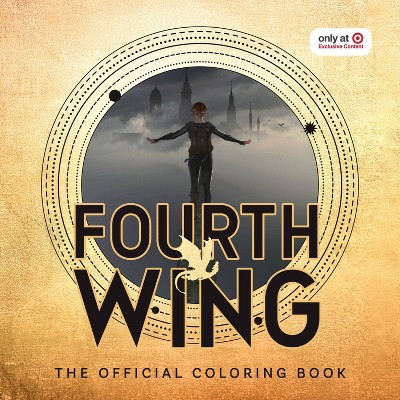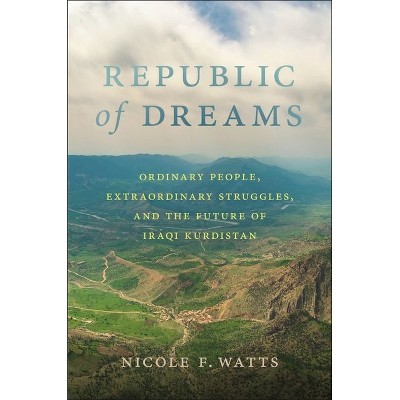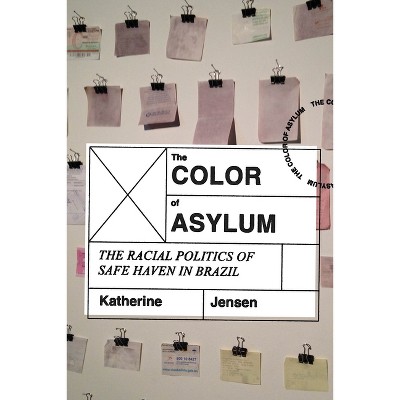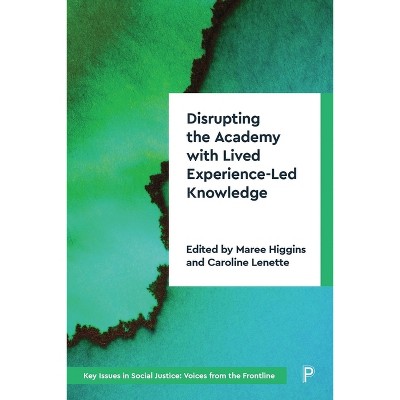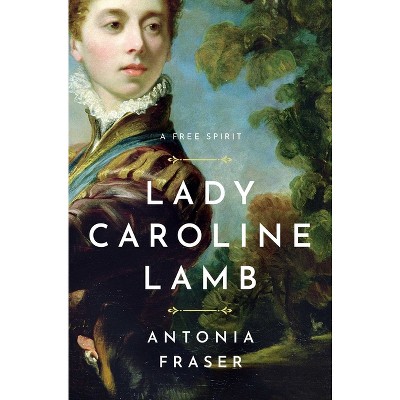Sponsored

Dolia - by Caroline Cheung (Hardcover)
$55.99
In Stock
Eligible for registries and wish lists
Sponsored
About this item
Highlights
- The story of the Roman Empire's enormous wine industry told through the remarkable ceramic storage and shipping containers that made it possible The average resident of ancient Rome drank two-hundred-and-fifty liters of wine a year, almost a bottle a day, and the total annual volume of wine consumed in the imperial capital would have overflowed the Pantheon.
- About the Author: Caroline Cheung is assistant professor of classics at Princeton University.
- 344 Pages
- History, Ancient
Description
About the Book
"The story of the Roman Empire's enormous wine industry told through the remarkable ceramic storage and shipping containers that made it possible. The average resident of ancient Rome drank two-hundred-and-fifty liters of wine a year, almost a bottle a day, and the total annual volume of wine consumed in the imperial capital would have overflowed the Pantheon. But Rome was too densely developed and populated to produce its own food, let alone wine. How were the Romans able to get so much wine? The key was the dolium-the ancient world's largest type of ceramic wine and food storage and shipping container, some of which could hold as much as two-thousand liters. In Dolia, classicist and archaeologist Caroline Cheung tells the story of these vessels-from their emergence and evolution to their major impact on trade and their eventual disappearance. Drawing on new archaeological discoveries and unpublished material, Dolia uncovers the industrial and technological developments, the wide variety of workers and skills, and the investments behind the Roman wine trade. As the trade expanded, potters developed new techniques to build large, standardized dolia for bulk fermentation, storage, and shipment. Dolia not only determined the quantity of wine produced but also influenced its quality, becoming the backbone of the trade. As dolia swept across the Mediterranean and brought wine from the far reaches of the empire to the capital's doorstep, these vessels also drove economic growth-from rural vineyards and ceramic workshops to the wine shops of Rome. Placing these unique containers at the center of the story, Dolia is a groundbreaking account of the Roman Empire's Mediterranean-wide wine industry"--Book Synopsis
The story of the Roman Empire's enormous wine industry told through the remarkable ceramic storage and shipping containers that made it possible
The average resident of ancient Rome drank two-hundred-and-fifty liters of wine a year, almost a bottle a day, and the total annual volume of wine consumed in the imperial capital would have overflowed the Pantheon. But Rome was too densely developed and populated to produce its own food, let alone wine. How were the Romans able to get so much wine? The key was the dolium--the ancient world's largest type of ceramic wine and food storage and shipping container, some of which could hold as much as two-thousand liters. In Dolia, classicist and archaeologist Caroline Cheung tells the story of these vessels--from their emergence and evolution to their major impact on trade and their eventual disappearance. Drawing on new archaeological discoveries and unpublished material, Dolia uncovers the industrial and technological developments, the wide variety of workers and skills, and the investments behind the Roman wine trade. As the trade expanded, potters developed new techniques to build large, standardized dolia for bulk fermentation, storage, and shipment. Dolia not only determined the quantity of wine produced but also influenced its quality, becoming the backbone of the trade. As dolia swept across the Mediterranean and brought wine from the far reaches of the empire to the capital's doorstep, these vessels also drove economic growth--from rural vineyards and ceramic workshops to the wine shops of Rome. Placing these unique containers at the center of the story, Dolia is a groundbreaking account of the Roman Empire's Mediterranean-wide wine industry.Review Quotes
"[A] bold endeavor, as is often the case with works of synthesis. This challenge is compounded by the author's intent to make the book accessible to a broader, non-academic audience. In this, she succeeds. What the reader holds in their hands is a well-written, rigorous and engaging book on Roman viticulture through the lens of the dolia."---Yolanda Peńa-Cervantes, Journal of Roman Studies
"This is an exceptionally well-written and constructed book. At each stage, the broader contexts of production and consumption are fully explained so that the dolium's impact on the wider economy is clear. The interaction between object and human users and the effects of each on the other are carefully traced. The sequences which rely on conjuring scenarios, such as the itinerant tinker, are evocative and imaginative without straying into fantasy. It is an excellent example of what the approach of object biography can give to our understanding of the ancient world."---Shelley Hales, Greece & Rome
"Dolia is a vivid material and economic history of all that made the quotidian act of wine-drinking possible, reminding us both of the vast networks enabling basic acts of sociality and sustenance--and of the ways those acts, however intimate, alter the shape of economies and empires in turn. . . . Dolia may point a way forward for scholars and teachers committed not just to rethinking the history of Roman 'daily life' but also to linking the patterns we find there to those we continue to see--and often ignore--in the present."---Anna Bonnell Freidin, Journal of Late Antiquity
"Engaging . . . [and] an enjoyable read for a broad audience. Cheung has opened up new horizons for scholars of archaeology, anthropology, and history to explore the topic of dolia. Similar vessels are still in use today in extant traditional eastern Mediterranean houses, and their study can highly benefit from and build on Cheung's excellent work."---Sarah Mady, H-Net Reviews
"This is the first major study of dolia. . . . Recommended."-- "Choice"
"Dolia considers the movement and lifecycle of a container as a trace element for understanding the socio-economic connectivity of the Roman economy. . . . [It] presents an essential study of a true 'feat of clay, ' while also recognizing the myriad ancient hands that formed, carried, lugged, and repaired these ceramic beasts in antiquity."-- "Pasts Imperfect"
About the Author
Caroline Cheung is assistant professor of classics at Princeton University.Dimensions (Overall): 10.08 Inches (H) x 7.01 Inches (W) x 1.34 Inches (D)
Weight: 2.05 Pounds
Suggested Age: 22 Years and Up
Number of Pages: 344
Genre: History
Sub-Genre: Ancient
Publisher: Princeton University Press
Theme: Rome
Format: Hardcover
Author: Caroline Cheung
Language: English
Street Date: April 23, 2024
TCIN: 89501944
UPC: 9780691243009
Item Number (DPCI): 247-29-6369
Origin: Made in the USA or Imported
If the item details aren’t accurate or complete, we want to know about it.
Shipping details
Estimated ship dimensions: 1.34 inches length x 7.01 inches width x 10.08 inches height
Estimated ship weight: 2.05 pounds
We regret that this item cannot be shipped to PO Boxes.
This item cannot be shipped to the following locations: American Samoa (see also separate entry under AS), Guam (see also separate entry under GU), Northern Mariana Islands, Puerto Rico (see also separate entry under PR), United States Minor Outlying Islands, Virgin Islands, U.S., APO/FPO
Return details
This item can be returned to any Target store or Target.com.
This item must be returned within 90 days of the date it was purchased in store, shipped, delivered by a Shipt shopper, or made ready for pickup.
See the return policy for complete information.
Frequently bought together

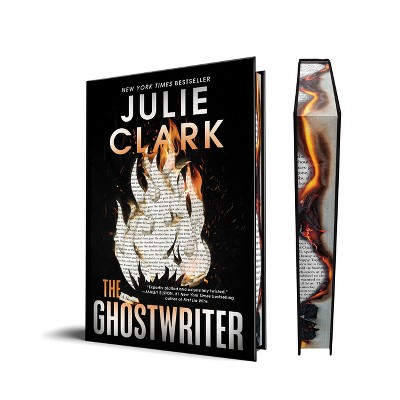
$15.19 - $16.78
MSRP $18.99 - $27.99
4.9 out of 5 stars with 8 ratings
Trending Non-Fiction

$19.31
was $20.98 New lower price
4 out of 5 stars with 64 ratings

$18.28
was $19.58 New lower price
4.7 out of 5 stars with 17 ratings

$4.59
MSRP $7.99
Buy 2, get 1 free select books
4.8 out of 5 stars with 123 ratings

$6.20
MSRP $10.95
Buy 2, get 1 free select books
4.8 out of 5 stars with 33 ratings

$7.09
MSRP $9.99
Buy 2, get 1 free select books
4.9 out of 5 stars with 46 ratings
Discover more options
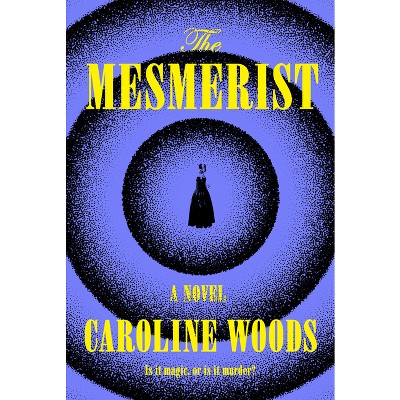
$14.99 - $15.53
MSRP $18.00 - $28.00
5 out of 5 stars with 1 ratings
